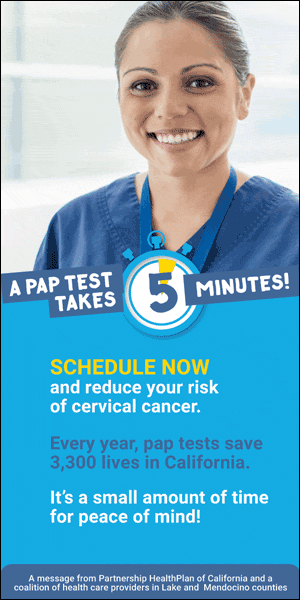

Economic problems brought on by COVID-19 hit diabetics especially hard. The American Diabetes Association says in regards to a quarter of individuals using the disease are tapping savings, loans or stimulus checks to purchase insulin. Plus some take big risks to get the life-saving drug.
It's been over 6 months since Cody Wessel lost his retail job because of the pandemic. He says he's been terrified “because we live on the kindness of strangers and kindness from our parents to pay basic bills.”
The 36-year-old lives in St. Louis and has Type 1 diabetes. He relies on daily insulin doses to stay alive. And paying for it without health insurance is a lot harder.
But it's a bill he just can't skip.
“Without insulin I'll die over a couple of days,” Wessel says. “I mean, my insulin costs more than my mortgage, my car payment and my phone bill combined.”
With stalled unemployment benefits and a cashed-out stimulus check, he started a GoFund Me campaign to find online donations. And that he learned that some in the diabetes community are prepared to share more than just money.
“Some people said, 'I have insulin I'm able to give back.' Plus they mailed me insulin to make use of, and – which has been an existence saver,” he says.
That insulin probably came from a place similar to Craig Miller's garage south of Indianapolis.
A medium-sized white refrigerator sits alongside his motorcycle. “So this is the insulin which was donated to me a week ago,” says Miller, who has Your body. “It's about $6,000 worth of insulin right there.”

He says there is a great demand for this insulin, because it's so expensive around the open market.
“I mean, should i be prepared to mail it, I can eliminate if right now,” he says.
Like others within the underground insulin market, Miller is creative in sourcing the drug. “If you realize enough people, you know when somebody may have passed away and it has insulin. Ideally I'd enjoy having everybody donate that because, I am talking about, we are able to save lives with it, despite the fact that it's illegal.”
The FDA says getting drugs this way can be risky, because they may be counterfeit or have harmful ingredients. The company along with other health experts say improper storage poses another big risk.
“For example insulin should be regulated at a specific temperature,” says Michelle Litchman, a nurse practitioner and diabetes researcher at the Utah College of Nursing. “It's two different expiration dates. The expiration date that we see on food labels once the insulin goes bad. But there is also another expiration date, this is when the insulin is subjected to air.
Last year, she co-authored research of individuals with diabetes, and in one sample more than half had used some kind of underground exchange.
“It is tough to say how representative it's,” Litchman says. “However, we all know this is going on. Should you look online within social media posts as well as within classified posts, individuals are asking for help.”

insulin vial
Litchman helps patients get assistance from programs that provide financial aid. However it fails for everybody.
And that may drive some of them towards the underground market, she says. “I also have had people say they met people at parking lots to switch supplies and just what they must be considering, and thus we go through the safety of all of those activities.”
Diabetes advocates say appeals for assistance on social networking groups and forums have nearly doubled because the pandemic began and economic troubles set in.
But seeking help online is tricky. Social media algorithms are trained to defeat posts that have to do with prescription drug exchanges.
Still, Miller say as long as people have trouble spending money on a life-saving drug like insuiln, some will have to use underground exchanges.
“It's just like a scuba diver looking at his gauge and he has only three minutes left,” he says. “And then someone comes with a new tank.”
This reporting is based on the GBH Educational Foundation through the Corporation for Public Broadcasting.
This story was produced by Side Effects Public Media, a news collaborative covering public health.













